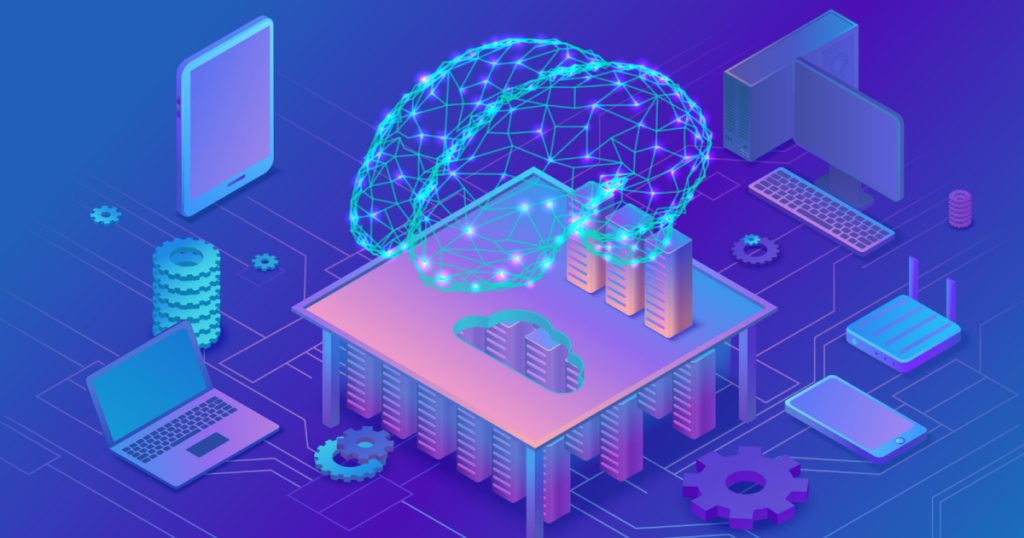Artificial intelligence could be as much a bane as it is a boon and the question on who gets to control and wield that power has not yet been determined with governments, companies and individuals all racing to get the biggest slice of the pie possible. In addition, there is a risk that AI could be used to reinforce and amplify existing biases, leading to further discrimination and inequality, with AI writing prejudice and discrimination into recidivism scores, which are relied upon to determine whether a convict should walk free and re-offend or not.
Deep Fakes and Cybersecurity
While we as the people may have our voices to raise over artificial intelligence, political bureaucracies and elections can easily be flipped over with the tool of deep fakes and human impersonations. The arrival of deep fakes, which have the ability to distort reality by face swapping individuals, can influence firms such as a British energy company to transfer 260,000 USD to a Hungarian bank account by using a deepfake of their CEO.
Politics can be affected with this where politicians and elected officials such as one Malaysian political ais are forced to face a swath of fake news, compounded by Generation’s Z’s obsession over using TikTok as their news source, Artificial Intelligence completely has the ability to as much construct our dreams into realities as well as plunging the entirety of humanity into a morose dystopian future.
As Dave Waters said, ‘Predicting the future isn’t magic, its artificial intelligence’. Defined as the simulation of human intelligence wherein machines that are programmed to think and act like humans, the term ‘Artificial Intelligence’ has increasingly been playing a larger part in our lives, influencing the corporate world by storm and trickling its way into our households day by day.
It is with artificial intelligent machines where humans can be trained to perform a wide range of tasks, such as recognizing patterns, learning from experience, making decisions, and solving problems. It is with artificial intelligence where we seek answers and assistance from voice assistants, like Google Home and Amazon Alexa, engaging in what is as close to the borders of what a relationship is between human and technology. It is with artificial intelligence through which the incessant spam and redundant emails that arrive at our mailboxes are filtered accordingly.
The point that we’re trying to make is that artificial intelligence is here to stay, whether we like it or not. Its advent into modern contemporary society has been borne under the first generation that hasn’t seen light without access to the internet and through which the frontiers to human medicine and technological advancement are reached.
While artificial intelligence may seem like a notion that can be easily utilised by Fortune 500 CEOs and technology experts, there is still a sizable third of the world that are aware of what AI is. There are several types of artificial intelligence, including narrow or weak AI, which is designed to perform a specific task, and general or strong AI, which has the ability to perform any intellectual task that a human can.
AI has the potential to revolutionize many industries and has already been integrated into a variety of applications, including medical diagnosis, stock trading, and self-driving cars. However, there are also concerns about the potential consequences of artificial intelligence, including job displacement and the risk of AI being used for malicious purposes.
Fears and Dangers
Every single time a grandstanding technological era has threatened to revolutionize our own Anthropocene epoch, critics have often hailed massive job losses as a detriment to this rapid advancement. However, this misconception remains predominant due to misinformation and common fears on how society would advance. It is shocking to come to terms with the fact that entire industries of blue and white collar workers, such as cab drivers by automation, may be wiped out, directly impacting the socio-economic fabric of the world, the fact remains that artificial intelligence would have a net positive of jobs gained, displacing 85 million jobs for the creation of 97 million new jobs.
Another one of the main dangers of AI is the potential for it to be weaponized and used for malicious purposes by cybercriminals and hackers. As our world transcends into its digital age, reports where institutions as significant as hospitals or democracy, in the state of the United States, have been threatened by the very thing we created to spark good. As AI becomes more advanced, it could potentially be used to carry out cyber attacks, manipulate public opinion, or even engage in acts of terrorism.

If a piece of hardware and software in culmination can cause so much disruption and destruction to our planet, it may seem as if Artificial Intelligence is a monster to be kept at bay until we have the complete resources to tame and control it.
However, with Artificial Intelligence being pushed by household technology companies, it has the potential to rewrite the way we know education, transportation, environment and home as we know it, sparking the ability to make everyone’s lives a little easier and efficient to go about in what is a modern 21st century compounded with a multitude of economic and social issues.
“Some people call this artificial intelligence, but the reality is this technology will enhance us. So instead of artificial intelligence, I think we’ll augment our intelligence.”
Ginny Rometty






